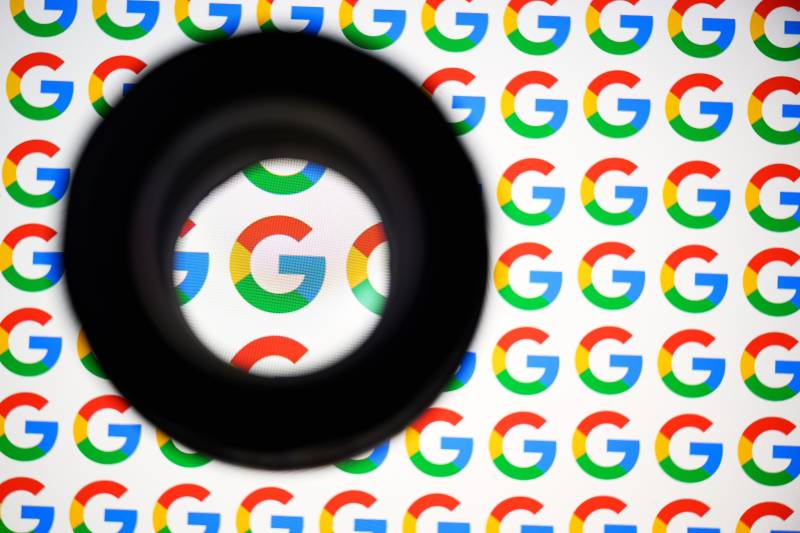The government’s filing on Tuesday is its initial set of proposals to seek remedies against Google. In the filing, the Justice Department said it intends to go through court-ordered discovery for further evidence to support its stance. It will file a more refined framework in November and Google will have a chance to propose its own remedies in December.
In a blog post published Tuesday night, Google’s vice president of global affairs, Lee-Anne Mulholland, wrote, “We are concerned the DOJ is already signaling requests that go far beyond the specific legal issues in this case.”
Mulholland appears to be interpreting the government’s filing as calling for the breakup of Google’s Chrome and Android businesses. She argues that those businesses have cost the company billions to develop. They are free and have open-source code that has benefited competitors and customers, she wrote.
“Make no mistake: Breaking them off would change their business models, raise the cost of devices, and undermine Android and Google Play in their robust competition with Apple’s iPhone and App Store,” she continued.
This is a major turning point in the regulation of Big Tech. Monopolies aren’t illegal in and of themselves, but using monopoly power to maintain market dominance is against the law.
The last antitrust case of this magnitude to make it to trial was in 1998 when the Justice Department sued Microsoft. That lawsuit centered around claims that Microsoft illegally grouped its various products together in a way that both stifled competition and compelled people to use its products.
A judge ruled in favor of the Justice Department back then, saying Microsoft violated antitrust laws and held “an oppressive thumb on the scale of competitive fortune.”
Over the last quarter of a century, tech companies have amassed enormous power and now play a crucial part in most people’s daily lives. Google’s parent Alphabet is one of the most valuable companies in the world – now worth more than $2 trillion — and the word “Google” is synonymous with searching the internet.
The company controls around 90% of the U.S. search engine market, while its closest competitors, Bing and Yahoo, each have around 3% of the market share.
If Mehta agrees with the Justice Department and decides to put stringent limits on Google’s reach, it could have a ripple effect throughout the industry.
What the Justice Department wants from Google
The thrust of the Justice Department’s case against Google focused on exclusive agreements the company made with device manufacturers, like Apple and Samsung. During the trial, internal documents and witnesses revealed that Google had paid billions of dollars per year to ensure it was the default search engine on smartphones, like the iPhone, and on web browsers, like Mozilla’s Firefox.
Witness testimony revealed the eye-popping sums Google paid its partners. For example, in 2021 alone, Google spent a total of $26.3 billion on its deals to be the default search engine. Apple had the most lucrative partnership with Google, bringing in $18 billion from the search giant that one year, according to the New York Times.
The government argued that these exclusive agreements made it difficult for rivals to edge in and left consumers with fewer choices. Google’s lawyers argued these were agreements that the search engine’s partners chose to enter on their own accords.
The Justice Department wrote in its Tuesday night filing that one of the remedies it’s evaluating is limiting or prohibiting the agreements. “Fully remedying these harms requires not only ending Google’s control of distribution today but also ensuring Google cannot control the distribution of tomorrow,” the filing states.
During the monthslong trial last year, Google argued that its search engine is the most popular because it is the best product out there and that people prefer it. When Google’s CEO Sundar Pichai testified, he said paying billions of dollars to ensure its search is the default made sense.
